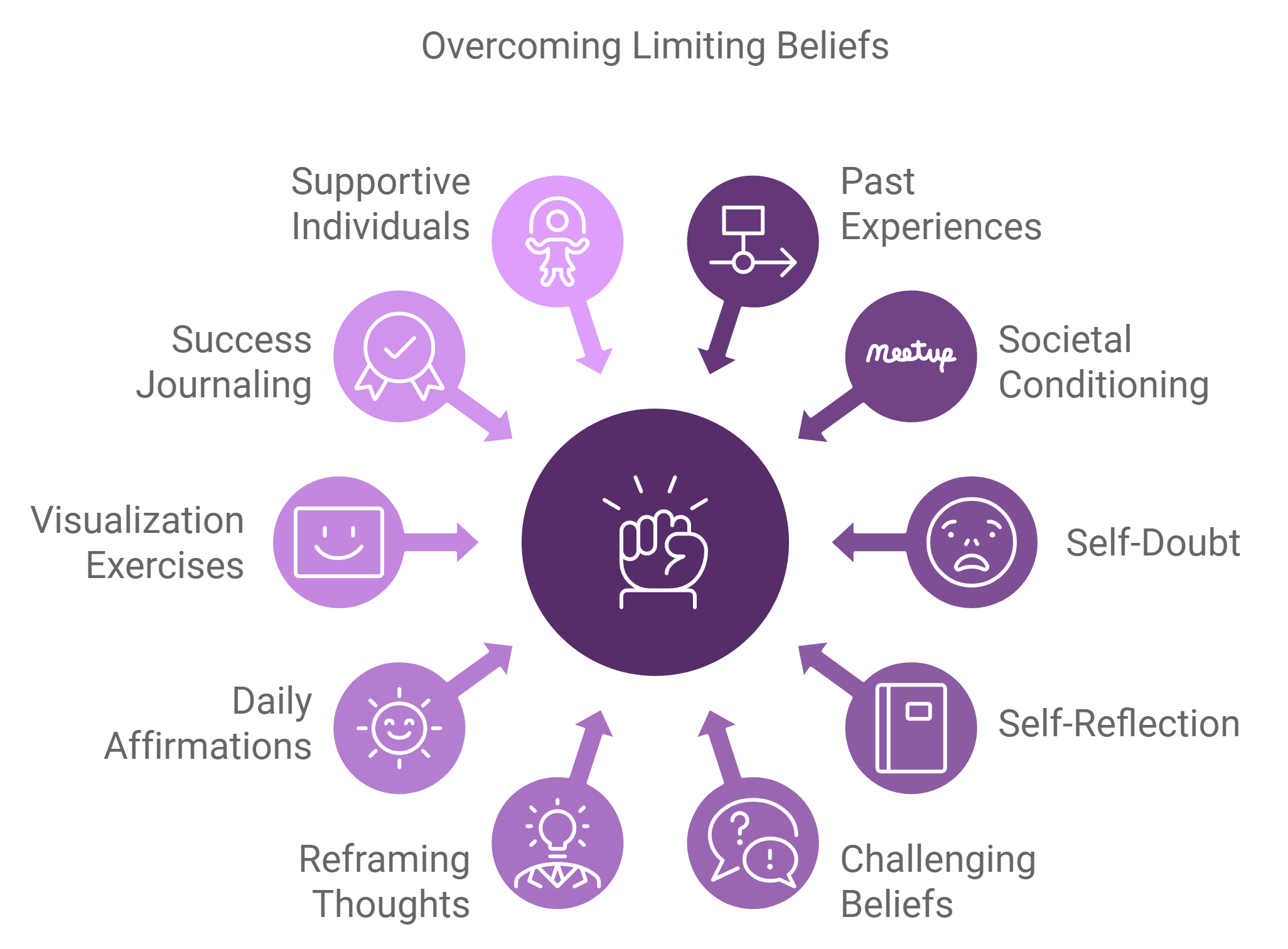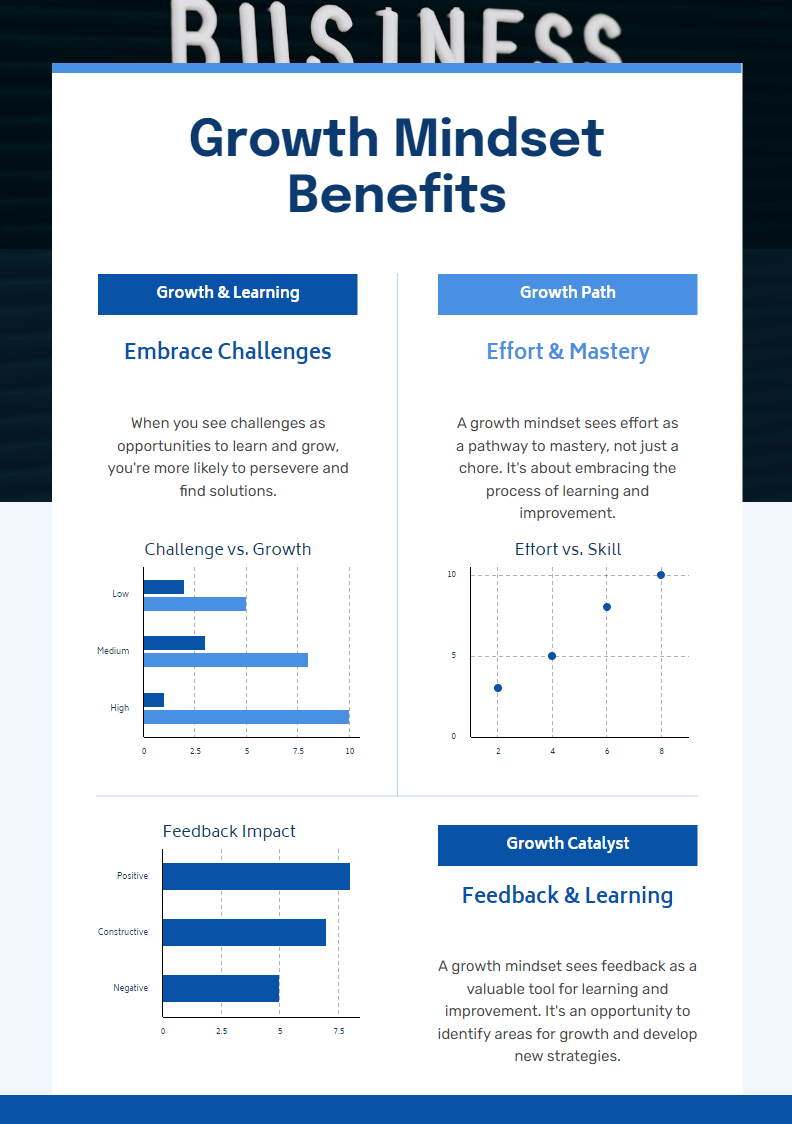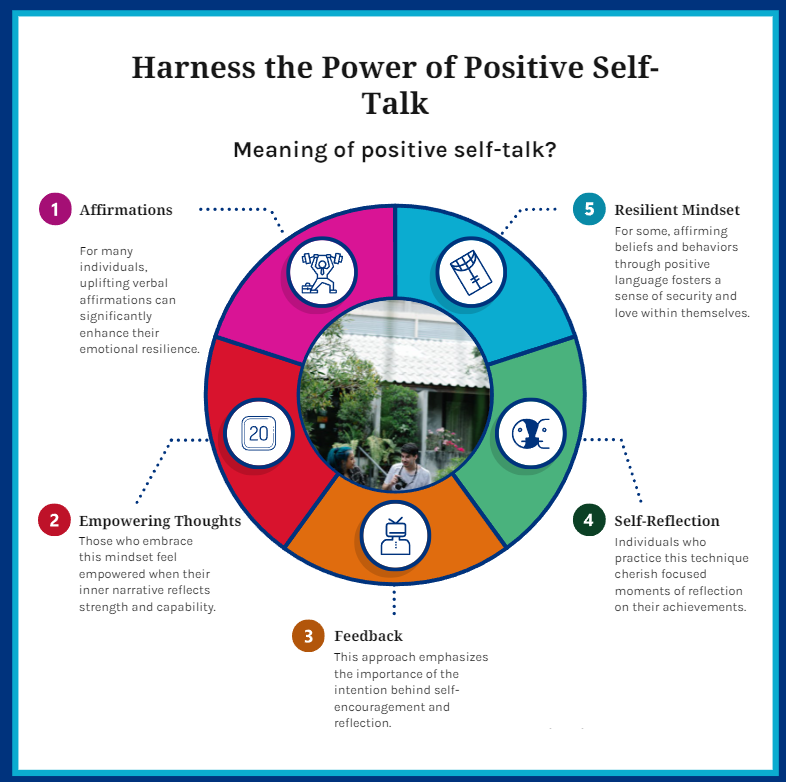Mastering your mindset is a crucial step towards personal growth and success. In this article, we explore proven life coach strategies that can help you transform your thought patterns, overcome limiting beliefs, and achieve your goals. From developing a growth mindset to practicing self-reflection and gratitude, these techniques will empower you to take control of your life and unlock your full potential. Whether you’re facing challenges in your career, relationships, or personal development, these strategies will provide you with the tools to cultivate a positive and resilient mindset. By implementing these life coach-approved methods, you’ll be well on your way to creating lasting change and living a more fulfilling life.
In today’s fast-paced world, it’s easy to get caught up in negative thought patterns and self-doubt. However, by adopting the mindset strategies used by successful life coaches, you can break free from these limitations and create a more positive and empowering outlook on life. This article will guide you through practical techniques such as reframing negative thoughts, setting SMART goals, and developing a strong sense of self-awareness. You’ll learn how to identify and challenge your limiting beliefs, cultivate a growth mindset, and harness the power of positive affirmations. Additionally, we’ll explore the importance of self-care and how it contributes to maintaining a healthy mindset. By the end of this article, you’ll have a comprehensive toolkit of strategies to help you master your mindset and achieve personal and professional success.
Identify and Overcome Limiting Beliefs
As a life coach, one of the most powerful tools I’ve encountered in personal development is the ability to identify and overcome limiting beliefs. These deeply ingrained thoughts and perceptions can hold us back from reaching our full potential, acting as invisible barriers to success and happiness. Recognizing and challenging these beliefs is a crucial step towards personal growth and achieving your goals.
Limiting beliefs often stem from past experiences, societal conditioning, or self-doubt. They can manifest in various forms, such as ‘I’m not good enough,’ ‘I don’t deserve success,’ or ‘I’ll never be able to achieve that.’ These negative thought patterns can be particularly insidious because they operate on a subconscious level, influencing our decisions and actions without us even realizing it. As a life coach, I’ve witnessed countless individuals transform their lives by addressing these beliefs head-on.
To begin the process of overcoming limiting beliefs, it’s essential to first identify them. This requires honest self-reflection and a willingness to examine your thoughts and behaviors critically. One effective method is to keep a journal and note any recurring negative thoughts or self-talk. Once you’ve identified your limiting beliefs, the next step is to challenge them with evidence to the contrary. Ask yourself:
- Is this belief based on facts or assumptions?
- What evidence do I have that contradicts this belief?
- How has this belief held me back in the past?
- What would be possible if I didn’t hold this belief?
After challenging your limiting beliefs, it’s time to replace them with empowering alternatives. This is where the expertise of a life coach can be invaluable, guiding you through the process of reframing your thoughts and developing a more positive mindset. For example, if your limiting belief is ‘I’m not smart enough to start my own business,’ you might reframe it as ‘I have unique skills and experiences that can contribute to a successful business venture.’ Remember, changing deeply ingrained beliefs takes time and consistent effort, but the results can be truly transformative.
‘The only limits you have are the limits you believe.’ – Wayne Dyer
Implementing strategies to reinforce your new, empowering beliefs is crucial for long-term success. This might include daily affirmations, visualization exercises, or seeking out experiences that challenge your old beliefs. As a life coach, I often recommend creating a ‘success journal’ where you can document your achievements, no matter how small, to build evidence against your limiting beliefs. Additionally, surrounding yourself with supportive individuals who believe in your potential can significantly impact your ability to overcome self-imposed limitations.
| Limiting Belief | Empowering Alternative |
|---|---|
| I’m too old to start something new | My experience gives me a unique advantage in new endeavors |
| I don’t have enough time | I prioritize what’s important and make time for my goals |
| I’m not talented enough | I can develop skills through practice and dedication |
Remember, overcoming limiting beliefs is an ongoing process. As you grow and face new challenges, you may encounter new limiting beliefs that need to be addressed. The key is to remain vigilant and continue applying the strategies you’ve learned. With persistence and the guidance of a skilled life coach, you can break free from the constraints of limiting beliefs and unlock your true potential, paving the way for personal and professional success.

Develop a Growth Mindset for Personal Success
Developing a growth mindset is a powerful tool that can significantly impact your personal and professional success. As a life coach, I’ve witnessed countless individuals transform their lives by embracing this empowering perspective. A growth mindset is the belief that your abilities and intelligence can be developed through dedication, hard work, and a willingness to learn from failures. This contrasts with a fixed mindset, which assumes that our qualities are static and unchangeable.
To cultivate a growth mindset, it’s essential to reframe challenges as opportunities for growth rather than insurmountable obstacles. Embrace the following strategies to shift your perspective:
- Embrace challenges as learning experiences
- View effort as a path to mastery
- Learn from criticism and feedback
- Find inspiration in others’ success
- Persist in the face of setbacks
One of the most crucial aspects of developing a growth mindset is recognizing the power of ‘yet.’ When faced with a task or skill you haven’t mastered, instead of saying, ‘I can’t do this,’ reframe it as ‘I can’t do this yet.’ This simple shift in language opens up possibilities and encourages perseverance. As a life coach, I often use the following quote to inspire clients:
‘The mind is just like a muscle – the more you exercise it, the stronger it gets and the more it can expand.’ – Idowu Koyenikan
Implementing a growth mindset in your daily life can lead to remarkable transformations. Here’s a table illustrating the differences between fixed and growth mindset approaches in various situations:
| Situation | Fixed Mindset | Growth Mindset |
|---|---|---|
| Facing a challenge | Avoids or gives up easily | Embraces and persists |
| Receiving feedback | Ignores or becomes defensive | Learns and improves |
| Witnessing others’ success | Feels threatened or envious | Finds inspiration and lessons |
| Encountering obstacles | Loses focus and motivation | Increases effort and tries new strategies |
As you work with a life coach to develop a growth mindset, remember that change takes time and consistent effort. Be patient with yourself and celebrate small victories along the way. By embracing a growth mindset, you’re not only setting yourself up for greater personal success but also creating a more fulfilling and resilient approach to life’s challenges and opportunities.

Harness the Power of Positive Self-Talk
Harnessing the power of positive self-talk is a transformative technique that every life coach emphasizes as a crucial element in personal development and success. By consciously shaping our internal dialogue, we can significantly impact our thoughts, emotions, and ultimately, our actions. Positive self-talk serves as a powerful tool to boost confidence, overcome challenges, and cultivate a resilient mindset that propels us towards our goals.
To effectively harness the power of positive self-talk, it’s essential to first become aware of your current internal dialogue. Many people are surprised to discover the frequency and nature of their negative self-talk patterns. A life coach can guide you through exercises to identify these patterns and help you develop strategies to reframe them into more constructive and empowering statements. For instance, instead of saying,

Set SMART Goals to Transform Your Life
Setting SMART goals is a powerful technique often employed by a skilled life coach to help clients transform their lives and achieve remarkable success. SMART is an acronym that stands for Specific, Measurable, Achievable, Relevant, and Time-bound, providing a structured approach to goal-setting that can dramatically increase your chances of accomplishing what you set out to do. By implementing this strategy, you can create a clear roadmap for personal and professional growth, ensuring that your aspirations are not just vague wishes but concrete objectives with a higher likelihood of realization.
When working with a life coach, you’ll learn to break down your broader aspirations into specific, actionable steps. For instance, instead of setting a general goal like ‘get healthier,’ a SMART goal might be ‘lose 20 pounds in 6 months by exercising for 30 minutes 5 days a week and reducing daily calorie intake by 300 calories.’ This level of specificity makes the goal measurable and time-bound, allowing you to track progress and stay motivated throughout your journey. Additionally, a life coach can help you assess whether your goals are achievable and relevant to your overall life vision, ensuring that you’re investing your time and energy in pursuits that truly matter to you.
Implementing SMART goals with the guidance of a life coach can lead to transformative changes across various aspects of your life. Here’s a breakdown of how each element of SMART goals contributes to your success:
- Specific: Clearly define what you want to achieve, leaving no room for ambiguity.
- Measurable: Establish concrete criteria for measuring progress and success.
- Achievable: Ensure your goal is realistic and attainable given your resources and constraints.
- Relevant: Align your goal with your broader life objectives and values.
- Time-bound: Set a clear deadline to create urgency and motivation.
A life coach can be instrumental in helping you refine your SMART goals and develop strategies to overcome obstacles you may encounter along the way. They can provide accountability, offer fresh perspectives, and help you adjust your approach when necessary. Moreover, a skilled coach can assist you in developing the mindset and habits required to consistently work towards your goals, even when faced with challenges or setbacks. By incorporating SMART goal-setting into your personal development toolkit, you’re not just dreaming about a better future – you’re actively creating it with purpose and intention.

Practice Mindfulness for Enhanced Mental Clarity
In the fast-paced world we live in, achieving mental clarity can seem like an elusive goal. However, with the guidance of a skilled life coach, you can learn to practice mindfulness and experience a profound shift in your cognitive abilities. Mindfulness, a technique rooted in ancient meditation practices, has gained significant traction in recent years due to its proven benefits for mental health and overall well-being.
Incorporating mindfulness into your daily routine can lead to enhanced mental clarity, reduced stress, and improved decision-making skills. A life coach can help you develop a personalized mindfulness practice that aligns with your lifestyle and goals. This may include techniques such as:
- Focused breathing exercises
- Body scan meditations
- Mindful walking
- Gratitude journaling
- Sensory awareness practices
One of the key benefits of mindfulness is its ability to help you stay present in the moment, rather than dwelling on past regrets or future anxieties.















